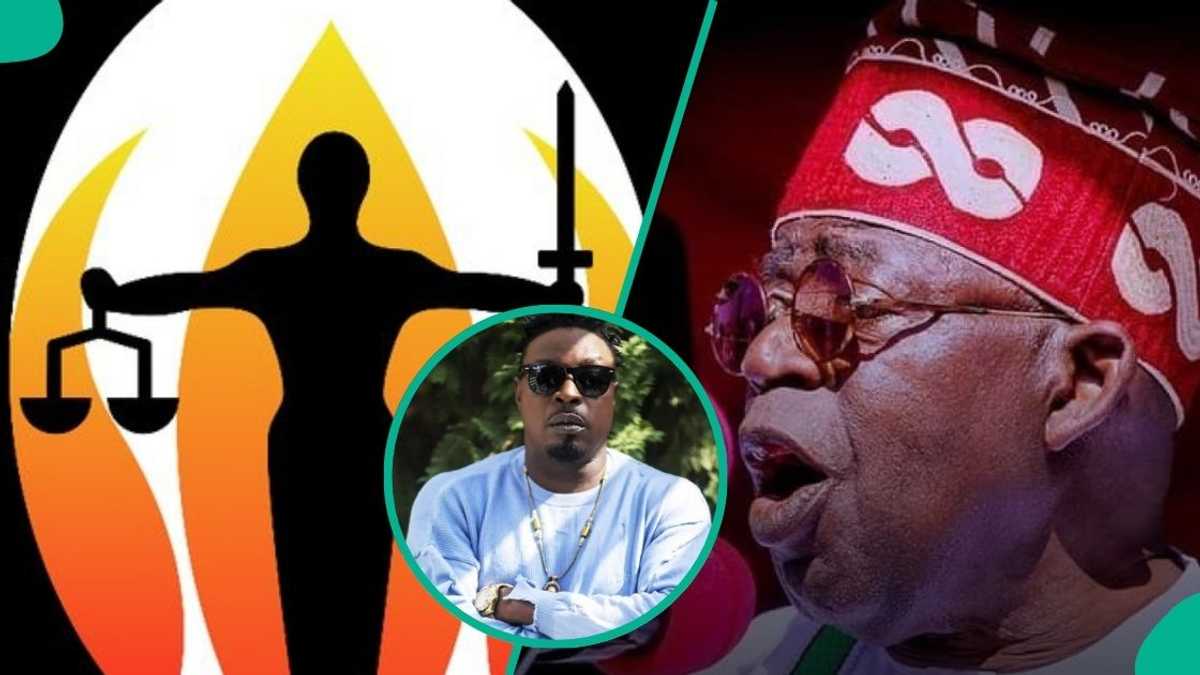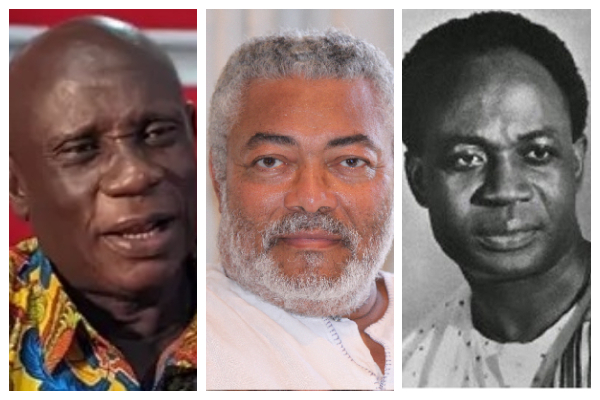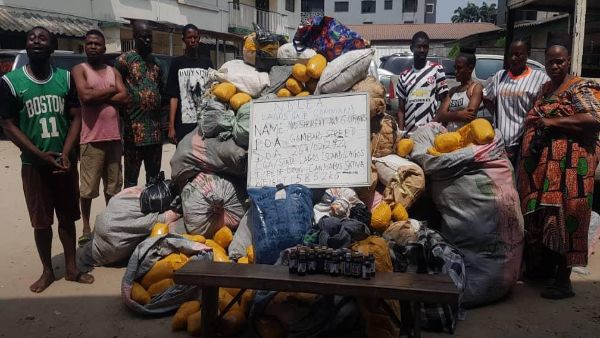Rwandan Envoy Warns of Rising Genocidal Threats in DRC, Urges Global Intervention - THISDAYLIVE
Rwandan Ambassador to Nigeria, Christophe Bazivamo, yesterday, warned the international community about the resurgence of genocidal threats in the eastern Democratic Republic of Congo (DRC).
He, therefore, called for urgent global attention to hate-fueled violence that mirrored the conditions leading to the 1994 Genocide against the Tutsi in Rwanda.
Bazivamo spoke at the 31st commemoration of the 1994 genocide against the Tutsi in Rwanda (Kwibuka 31), held at the Babcock University, Ilishan-Remo, Ogun State.
He revealed that armed groups linked to the perpetrators of the 1994 genocide had re-emerged under new names, including the Forces Démocratiques pour la Libération du Rwanda ( FDLR) and continued to spread hate, particularly targeting Congolese Tutsi communities.
“Today, we are witnessing dehumanising propaganda and calls for extermination, similar to the language used before 1994 in Rwanda,” he said, adding: “Thousands have been displaced, and yet, the international response remains dangerously muted.”
The ambassador emphasised that the genocide did not happen overnight but was the result of decades of ethnically driven discrimination and impunity, beginning under Belgian colonial rule and deepened by successive regimes.
He described the international community’s failure to intervene in 1994 as a betrayal, adding that continued silence today could equally have catastrophic consequences.
Reflecting on Rwanda’s post-genocide recovery, he spoke of the country’s emphasis on unity, reconciliation, and rebuilding through initiatives like the Gacaca courts and the national identity campaign ‘Ndi Umunyarwanda’.
Addressing the students, Bazivamo highlighted the significance of holding the event at a university.
“You, the youth, are the conscience of the present and the architects of the future. Kwibuka is not a moment, it is a mindset. As students, you need to become ambassadors of tolerance and justice. Study history, not just to remember the past, but to protect the future,” he said.












